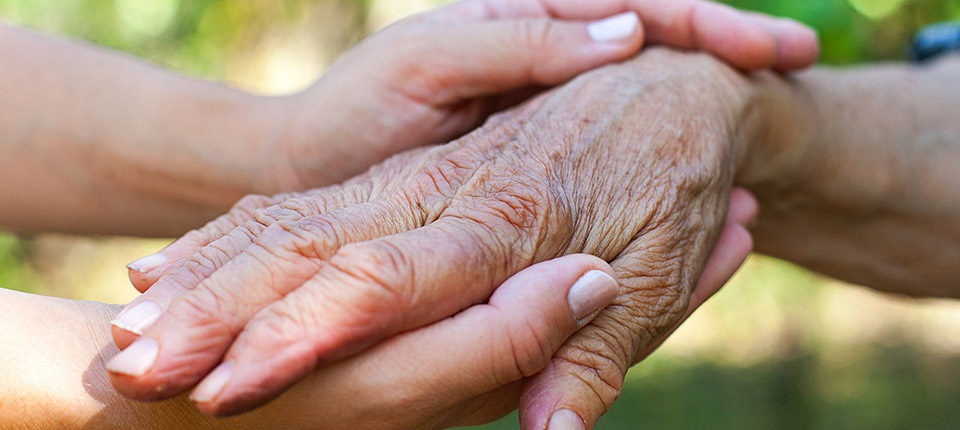BY LOREN CORDAIN, PH.D., PROFESSOR EMERITUS, FOUNDER OF THE PALEO DIET
NOVEMBER 19, 2013
Hello Dr. Cordain,
I hope this finds you in good health. Prior to 2009 I lost 100lbs and began my career as a fitness professional teaching cycling classes and helping others reach their weight loss goals. 2009 I was diagnosed with Lupus and went into total kidney failure. I spent 8 weeks living a Georgetown University Hospital in Washington, DC and some how made a miraculous recovery.
Of course I was put on lots of medication and had to go through a sort of chemo for about a year afterwards. Now I find myself struggling to lose the weight I gained back after being on prednisone for years. Now I'm battling moments of depression and exhaustion despite still teaching my cycling classes and trying to eat "healthy." Also, I'm still taking prednisone but my dose is only 5mg now.
I've finally been cleared by my kidney doctor to start taking in more protein and I immediately thought of Paleo. Can you give me a little more insight as to how Paleo may help me? Nobody around me eats this way, including the people I live with, so I would be doing this all alone. But, in my gut, I believe it might be the answer I've been looking for. Hope to hear from you soon. Take care.
Anonymous
Dr. Cordain's Response:
First, let me say that my heart goes out to you for the health problems you have been experiencing associated with your diagnosis of systemic lupus erythematosus (SLE). I am not a clinical practitioner, but rather a University Researcher studying diet and autoimmunity. Accordingly, I suggest that you consult a variety of health care professionals who are familiar with SLE, autoimmunity and The Paleo Diet. Competent health care personnel can work with you individually and over time to regularly monitor your signs and symptoms of SLE, your blood chemistry and your overall health if you decide to adopt The Paleo Diet.
The Paleo Diet may help to reduce or even cause remission of autoimmune disease symptoms in certain autoimmune conditions. Our international research group believes that contemporary Paleo diets may be therapeutic for some autoimmune disease patients for a number of reasons. First, this nutritional program eliminates a number of foods which may increase intestinal permeability. Evidence from our laboratory (1) as well as more recent data (2, 3) suggests a “leaky gut” may represent an important environmental/dietary factor which triggers autoimmune disease in genetically susceptible patients.
As with The Paleo Diet for all people, I suggest autoimmune subjects reduce or eliminate cereal grains, particularly gluten containing grains (wheat, rye and barley). Cereal grains contain a number of compounds which may increase intestinal permeability including gliadin (a storage protein found in gluten containing grains), lectins (particularly a lectin called wheat germ agglutinin [WGA] found in wheat, and thaumatin like proteins, as well as other compounds.
Over the past two decades, SLE has frequently been reported to present simultaneously with celiac disease (4-6), an autoimmune intestinal disease caused in genetically predisposed patients by consumption of gluten containing grains. Both SLE and celiac patients share the genetic markers (HLA B8 and DR3) which increase disease susceptibility. Further a recent study indicated that 7 of 24 SLE patients exhibited anti-gliadin antibodies, the same antibodies to gluten containing grains found in celiac patients. A number of case reports have shown that gluten free diets had beneficial and favorable effects in SLE patients (6, 7). Accordingly, the preliminary evidence suggest that SLE patients should adopt gluten free diets.
Check out my former graduate student, good friend and colleague, Robb Wolf’s website and read about an SLE patient who beat the disease with Paleo. There is absolutely no risk to gluten free diets like The Paleo Diet, and the potential for improved health is high (8-15).
Other foods which are not on The Paleo Diet menu are dairy products, legumes, processed foods, refined sugars and vegetable oils. All of these items may adversely affect intestinal function or interact with the immune system in a manner that may promote allergy or autoimmunity. For details about these and other dietary elements that compromise intestinal function see my latest book, The Paleo Answer.
Finally, autoimmune patients may also want to read Egg Whites and Autoimmune Disease which suggests eggs and nightshades sometimes interact with the immune system to promote or aggravate allergy and autoimmunity.
Cordially,
Loren Cordain, Ph.D., Professor











